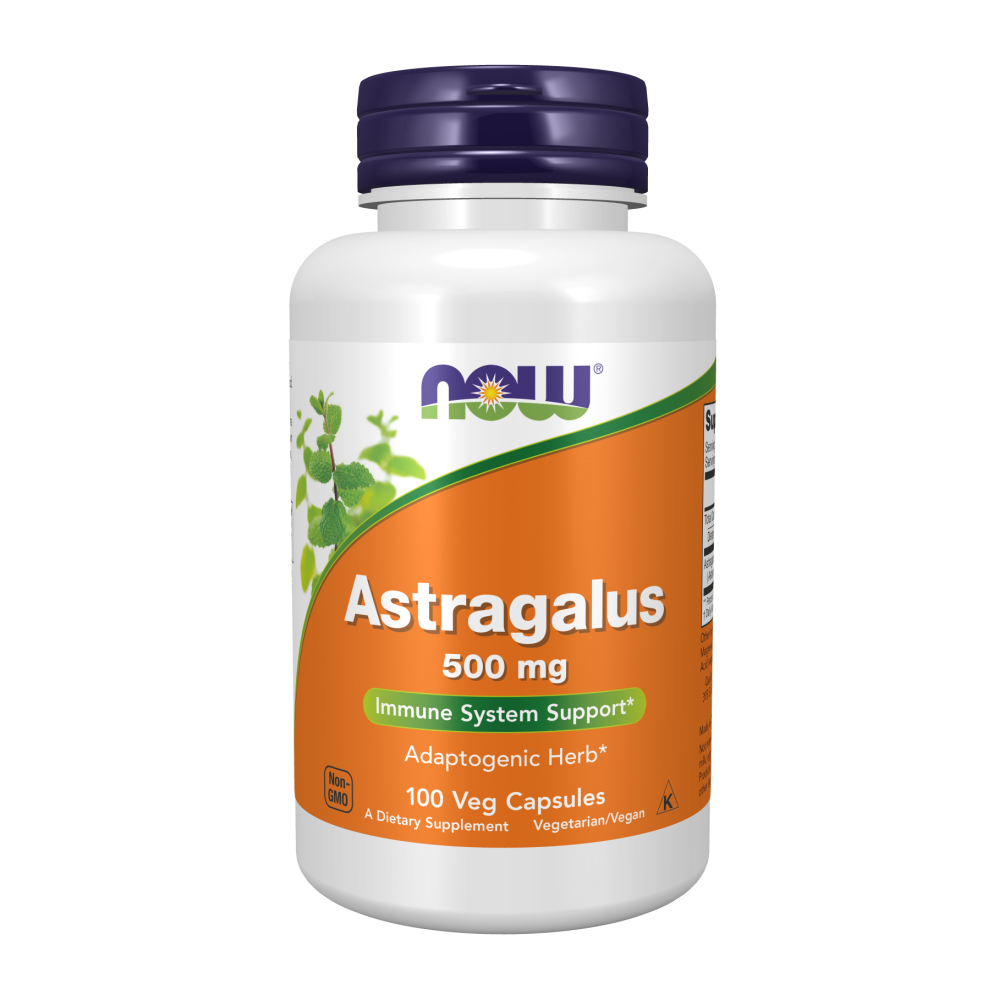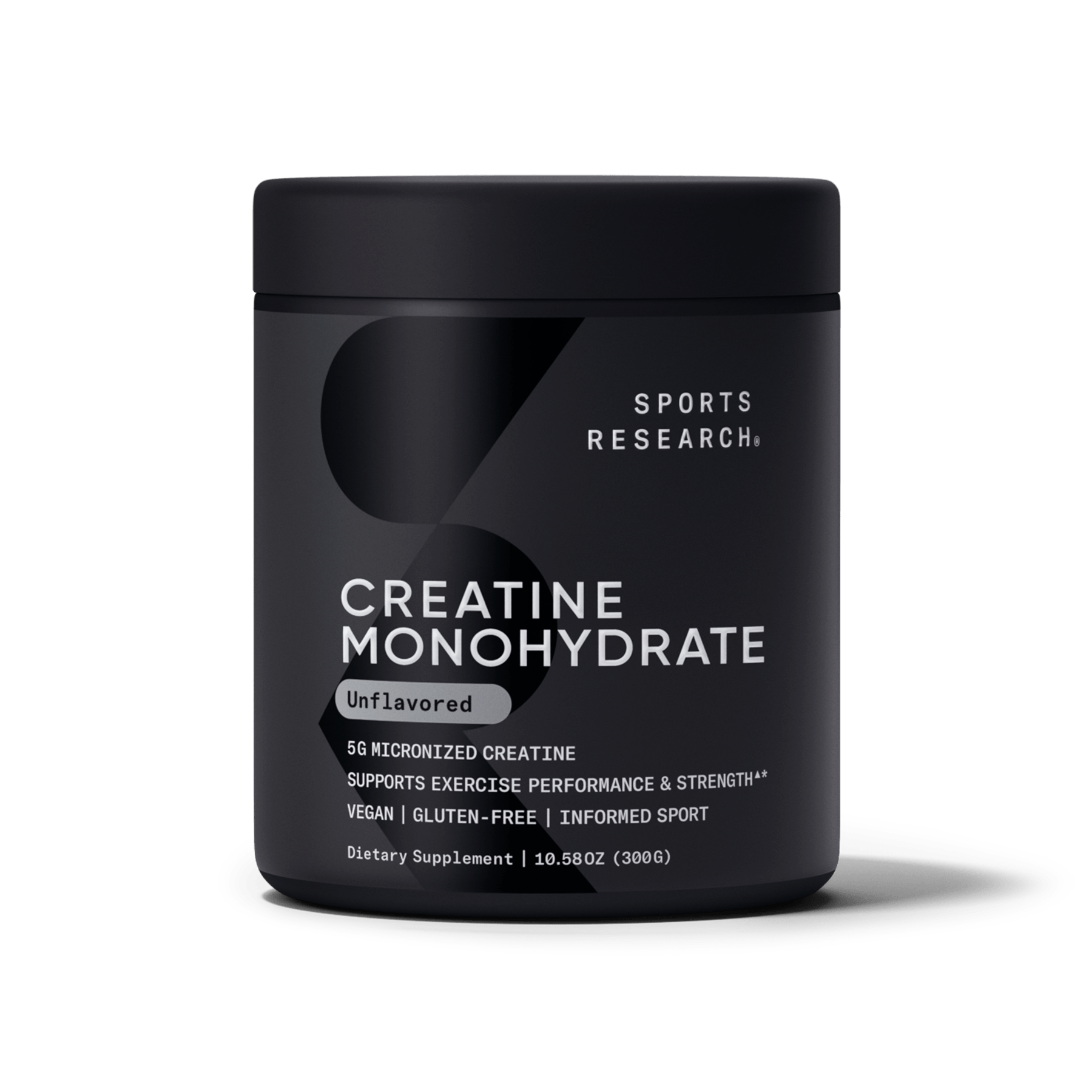
Here’s what a new study finds on its role on neurotransmitters...
Got coffee?
Let’s start this by saying that caffeine is surely a big part of our lives.
Whether you get your daily dose from coffee or tea, or even chocolate, it’s safe to say that this ingredient is hard to avoid and hard to resist.
In fact, studies have shown that caffeine addiction is a very real thing. And no wonder, as caffeine-containing products are in great demand, especially coffee.
According to research, 75% of the US population above the age of 20 have reported that they were coffee drinkers, and that’s in the US only.
Caffeine is known to give you energy because it’s a stimulant, and it also keeps you alert and focused. Which is probably one of the reasons why it’s most people’s best friend in the morning.
But did you know that because caffeine affects your central nervous system, it does so much more than just give you the jitters?
That’s because it also interacts with neurotransmitter systems, which is something that’s gotten the attention of researchers lately.
In a review recently published in the Saudi Pharmaceutical Journal, a scientist from the King Saud University in Saudi Arabia gathered some data from multiple studies that focused on this property of caffeine.
His aim was to discuss the findings of these studies in detail, regarding caffeine’s interaction with neurotransmitters and its effect on neurobehavioral disorders.
THE DETAILS
The way caffeine works is by inhibiting the activity of adenosine receptors in the brain.
Adenosine is a neurotransmitter that takes part in many processes in the body, and one of them is to cause sleepiness and tiredness, so by blocking it, caffeine helps to stave off fatigue and keep you energetic for longer.
Through the interaction with different neurotransmitters, namely, dopamine, glutamate, and GABA, caffeine has been shown to have a therapeutic and even protective effect on neurodegenerative diseases caused by dysregulation of any one of these neurotransmitter systems.
The review goes into more detail about this, so let’s looks at the findings.
- Effects on dopaminergic neurons - dopamine is a neurotransmitter that controls emotional and mental responses, as well as motor reactions; caffeine may inhibit dopaminergic neuronal loss, which is a precursor to Parkinson’s disease; it may also help ease the symptoms of ADHD;
- Effects on glutamatergic neurons - glutamate is an excitatory neurotransmitter that plays a major role in memory and learning, and caffeine has the ability to modulate it in different parts of the brain; however, more research is needed;
- Effects on GABAieric neurons - GABA is the main inhibitory neurotransmitter, whose task it is to control and reduce the excitability of neurons, and in this way, it regulates your mood; it was found that caffeine actually suppresses GABA activity, and its suppression may lead to an increased production of dopamine.
DOES CAFFEINE HAVE ANY THERAPEUTIC EFFECTS?
The review states that some animal trials have found that caffeine may have some therapeutic effects:
CAFFEINE SIDE-EFFECTS
Everyone has felt the caffeine jitters, so by now, you must know that excessive intake of caffeine may not be good.
Despite its benefits, too much caffeine may cause some negative side effects, like disrupted sleep, headaches, digestive issues, agitation, tremors, and even cardiovascular issues.
Additionally, in anxious individuals, too much caffeine may work against them and only exacerbate their anxiety.
Generally, for healthy adults, a daily dose of up to 400mg is considered safe and isn’t associated with any adverse side effects. This equals roughly 4-5 cups of coffee a day.
Pregnant and breastfeeding women are considered to be more vulnerable to the side effects of caffeine, so they’re usually advised to take up to 200mg of caffeine a day.
Caffeine may have a similar effect on people who are sensitive to caffeine, and they may experience insomnia, agitation, restlessness, and nervousness even when they take small doses of caffeine.
However, it’s important to note that you should take double caution with caffeine dosage if you take any caffeine supplements because they are far more concentrated than your usual dose of espresso. In this case, always make sure to follow the dosage instructions.
So, depending on your sensitivity, you should enjoy caffeine with caution if you’re prone to feeling its adverse effects, especially if you take it in the form of supplements.
If, on the other hand, you’re fairly tolerant, you won’t have to watch your intake as much, but remember that caffeine has its limits, too.
THE TAKEAWAY
Caffeine is not a scary ingredient, especially when consumed in moderate doses.
We wrote this review in the hopes of shedding some light on some previously-known facts about caffeine, its mode of action, and how it interacts with the neurotransmitters in our nervous systems.
We can only conclude that there’s a reason why it’s the world’s most favourite drug and that it’s definitely beneficial to get your dose of caffeine on a daily basis.
If you want to try out some caffeine supplements, check out our Smart Caffeine capsules with added L-Theanine, for maximum focus and energy, but without any anxiety or the jitters.






